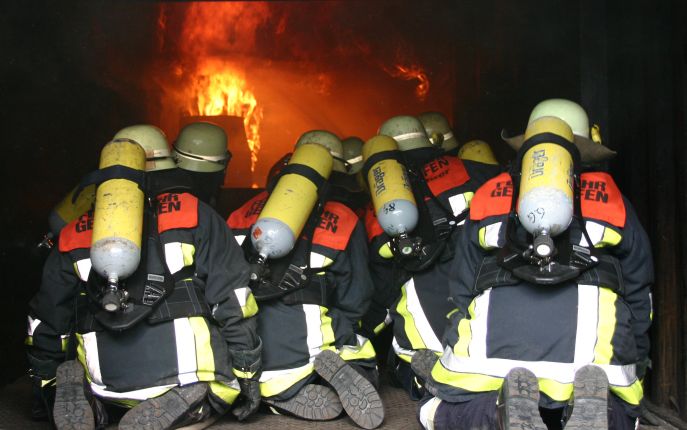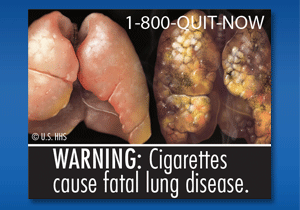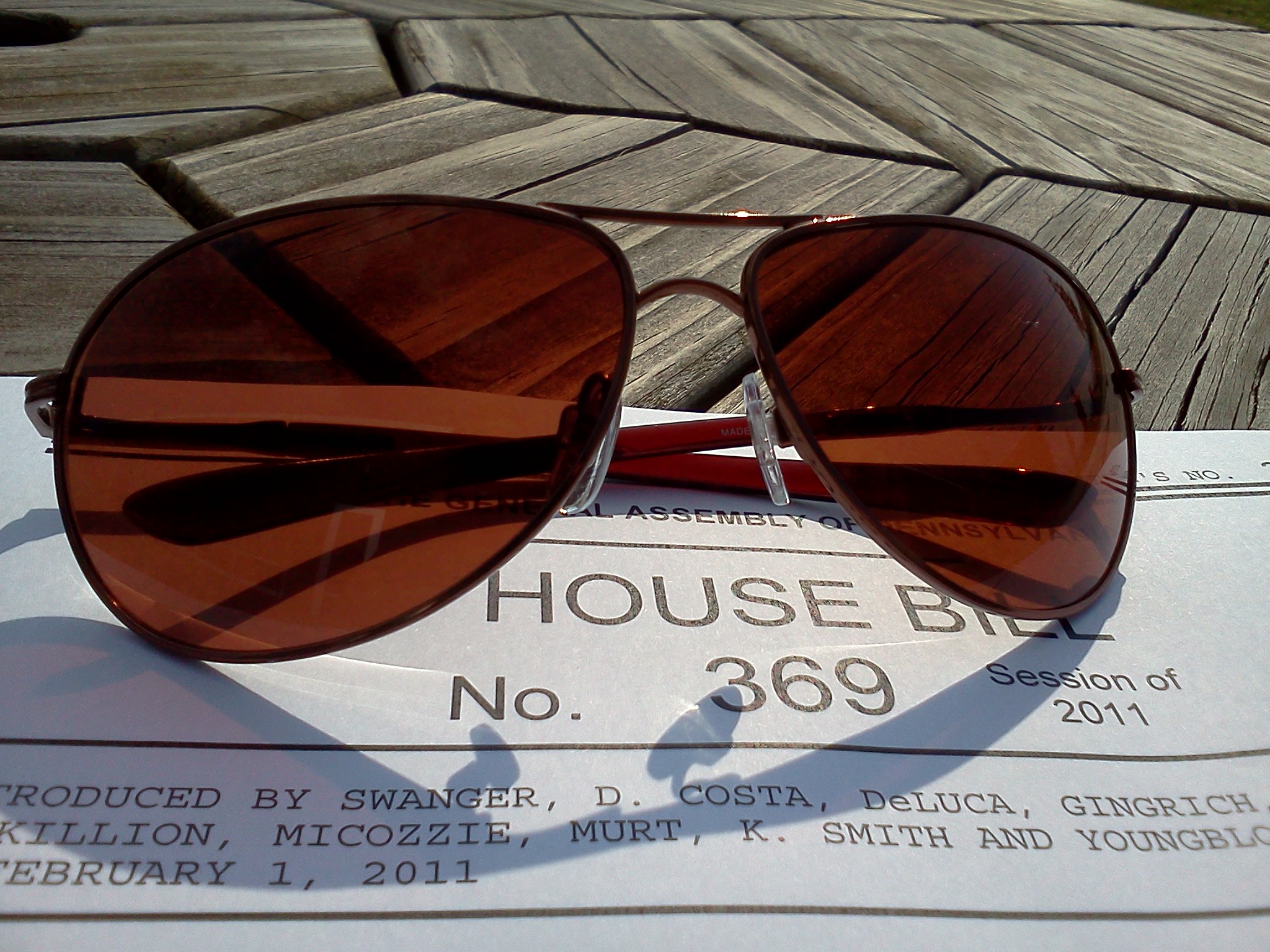The Food and Drug Administration has unveiled nine new cigarette warning labels. The warnings will take up the top 50% of a pack of cigarettes and 20% of an advertisement for cigarettes. They include graphic images of diseases related to smoking, such as lung disease and oral cancer. Tobacco companies have until September 2012 to comply.
Dr. Lawrence Deyton, Director of the FDA’s Center for Tobacco Products, says the warning labels have not changed in 25 years. He says the average smoker no longer realizes that there’s a health warning on a pack of cigarettes. He says scientific literature shows inclusion of a graphic image and a specific warning does help smokers increase their personal knowledge about their risk.
Dr. Deyton says for decades, the rates of smoking had been declining, but in the 7- 8 years, it has leveled off to 20%. He says 1 in 5 high school kids smoke cigarettes. The new labels are required as part of a law passed by Congress, the 2009 Family Smoking Prevention and Control Act.
Dr. Deyton says the new warnings convey the very personal and true risk of cigarette smoking.
He says the FDA started with 36 images and tested them extensively to determine which had the most impact. He says they considered whether it educated the person looking at it, whether the person could recall the image and whether it changed the viewer’s beliefs about their own health risk and their intent to quit, or not to start smoking.
He says the warning also includes the 1-800-Quit-Now number, the national helpline. He says when a smoker picks up a pack with the new labels, there’s a resource they can act on instantly to get the help they need to stop smoking.
The Centers for Disease Control and Prevention says tobacco use is a leading cause of premature and preventable death in the United States.






